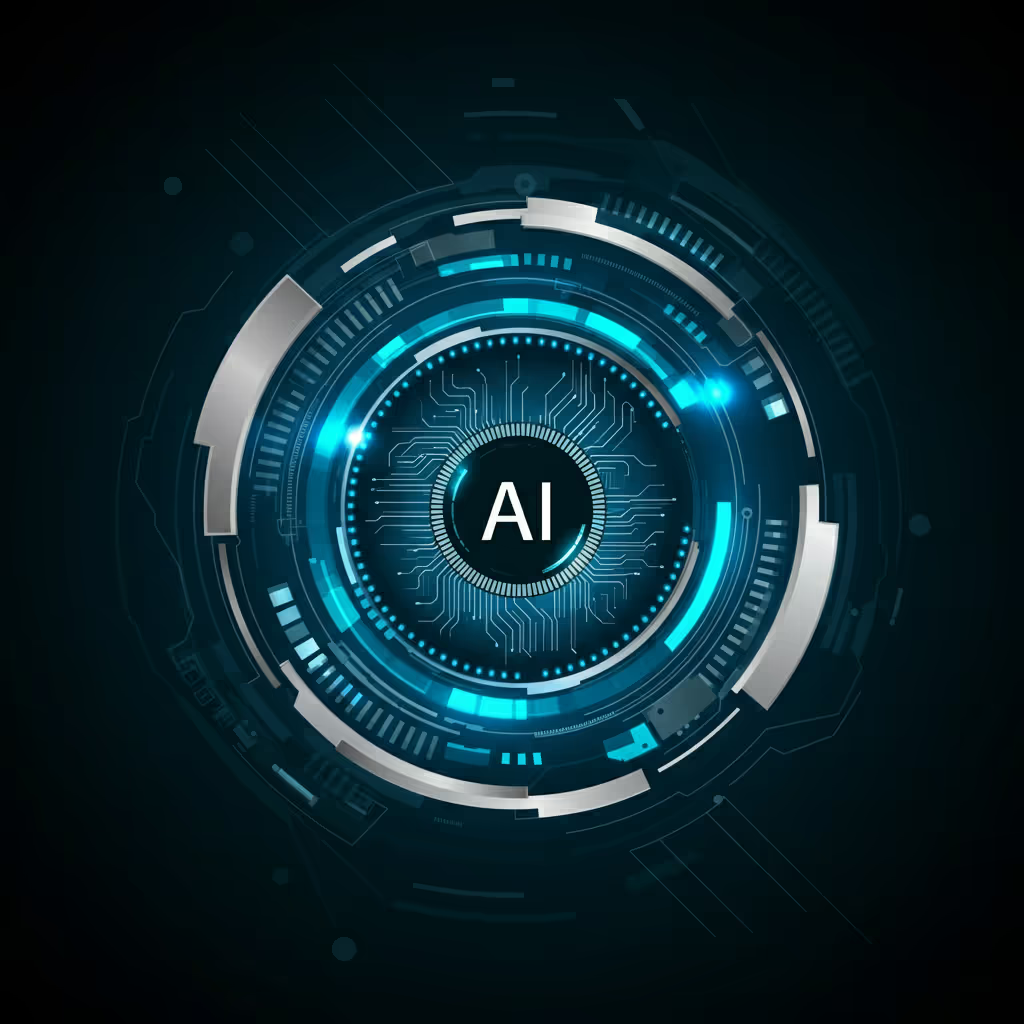With no-code AI agents becoming more popular, more people can create chatbots that actually improve business functions, increase efficiency, and reduce costs in a variety of fields.
However, creating well-crafted AI Agents still requires knowledge of some specific skills and practices.
If you’re looking to get the best out of your AI agents, you'll need to have the knowledge and capabilities to use them properly. This blog post will highlight some key skills and practices you should implement to harness the full potential of your AI chatbots within your organization.
8 Key Skills and Practices For Using AI Agents 1. Understanding How AI Works Before using AI agents effectively, you must understand their foundation: how they work and what they’re capable of.
AI agents are powered by machine learning algorithms that analyze patterns, respond to queries, and solve problems. While you don’t need to be an AI engineer, having knowledge of concepts like natural language processing (NLP), decision-making algorithms, and workflows will improve your management of AI agents.
Some general ideas to keep in mind include:
AI doesn't "think." It's an excellent piece of pattern recognition and prediction technology. It can't register emotions without training and shouldn't be used for ethical concerns. AI gets better when you give it lots of data and specific objectives to execute. 2. Defining Clear Objectives AI agents can succeed only if they are given clear, measurable objectives.
For example, are you aiming to automate tier-1 customer service requests? Or are you looking to reduce ticket resolution time by 30%? Clearly defined goals will guide how you build and optimize your AI agent.
Key tips for defining objectives:
Break down tasks into specific, actionable areas. These will show you what actions you want your AI chatbot to take. Assess current pain points in your business operations. What is slowing your business down that your AI Agent could help support? Set achievable metrics for success. Symphona Converse
3. Data Management and Preparation AI agents thrive on data. All else equal, data quality is better than quantity, but having both is ideal.
Large knowledge bases are what make AI tools "smart." To use them effectively, ensure the data they access is well-structured, accurate, and relevant to their tasks. Skills in data management, such as organizing datasets and maintaining consistency, are vital to creating reliable and responsive AI agents.
Data preparation includes:
Cleaning datasets to eliminate errors. Categorizing information based on logical groups. Regularly updating data to ensure accuracy and freshness. A well-fed AI agent delivers more informed responses, providing a smoother customer experience while reducing errors.
4. Creating Personalized Experiences Modern businesses prioritize personalization, and AI agents equipped with the right programming can exceed customer expectations by tailoring interactions. Develop skills in integrating customer data – such as purchase history, preferences, and demographic insights – into AI workflows.
For example:
Configure your AI agent to upsell or cross-sell based on user preferences. Personalize greetings or responses using historical context. Adjust recommendations in real-time to align with user characteristics. This likely won't be something you'll implement during your first pass at creating an AI Agent, but with time, you'll learn how to enable personalized operations that enhance both customer satisfaction and loyalty.
5. Workflow Automation and Integration Your AI agent won’t operate in isolation. It needs to be seamlessly integrated into your existing workflows and tools. Understanding how to link your AI agent with CRM systems, ticketing tools, and other software will ensure that it contributes maximum value across departments.
Effective integration requires:
Knowledge of APIs (application programming interfaces). Familiarity with workflow automation tools. Collaboration within cross-functional teams to implement AI solutions cohesively. If this sounds complicated, don't worry. Many no-code tools make this simple by having built-in integrations or reducing the amount of API knowledge you need to integrate a tool. Building up knowledge with workflow automation tools will come with exposure.
6. Optimization and Continuous Improvement AI agents need consistent refinement to remain effective. Monitoring their performance and analyzing their interactions regularly can highlight areas for improvement. Cultivating skills in optimization ensures that your AI agents stay sharp, accurate, and aligned with your objectives.
Focus on the following skills:
Reviewing metrics such as response resolution rates and user satisfaction scores. Leveraging feedback loops to continuously train and improve your AI’s performance. Monitoring for bias in AI behaviour and adjusting algorithms accordingly. 7. Effective Collaboration with Teams AI deployment spans across IT, operations, and customer-facing roles, meaning it requires collaboration between multiple teams. Skillful collaboration ensures seamless adoption and effective use of AI agents at all levels.
Some tips for better collaboration include:
Encourage open communication during AI implementation phases. Train team members to effectively work with or alongside AI agents. Share insights and best practices to refine processes. 8. Compliance and Ethical Awareness AI operates within legal and ethical frameworks. It’s critical to understand data privacy regulations (like GDPR, CPRA) and implement compliant practices.
Skills in understanding ethical AI practices, such as avoiding algorithmic bias and respecting user privacy, are equally important.
The Benefits of Equipping Yourself with These Skills When you invest time into mastering these skills, the benefits for your business grow exponentially:
Efficiency Gains : Automate repetitive tasks and improve resource allocation.Stronger Customer Relations : Use AI agents to provide reliable, 24/7 responses tailored to individual customers.Cost Savings : Reduce operational and labour costs significantly without compromising service quality.Competitive Advantage : Stay ahead of competitors by delivering optimized, future-ready workflows. Take the First Step Toward Mastering AI Agents If you're overwhelmed, don't be: you don't need to have all these skills to start developing AI Agents. If you're looking for a tool where you can easily get started and organically learn these skills in order to transform your business processes, Symphona's Converse
Get started with Symphona for free today
.svg)

.svg)


.svg)





.avif)
.avif)





.svg)







.svg)

.svg)
.svg)
